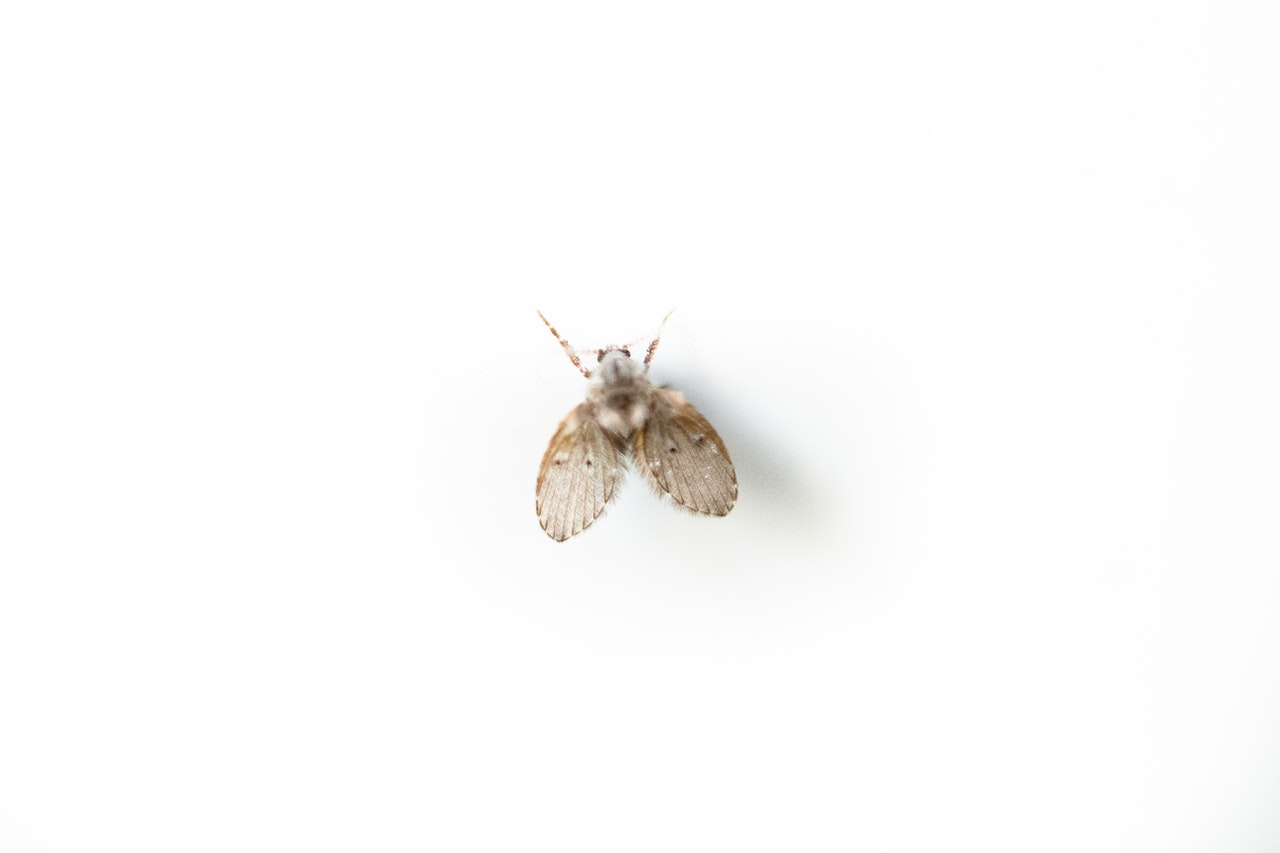Gnats are incredibly small in size, and they are very annoying pests. The term gnats refer to several types of small, flying insects. The good news is that gnats don’t bite or carry diseases, unlike mosquitoes. But dealing with a gnat infestation can be frustrating.
If you’re dealing with this type of pest problem, you’re probably wondering how to get rid of gnats. You can find a variety of DIY solutions online. However, you will get the best results when you hire a professional exterminator. Let’s go through some of the top reasons you should call a professional exterminator when you have a gnat infestation.

Prevent an Infestation From Getting Worse
Despite its tiny size, a single gnat can lay hundreds of eggs. Gnats reproduce quickly, so when you’re already dealing with an infestation, it will only get worse. You can try a number of things to get rid of adult gnats in your home, but they won’t help with the eggs. An experienced exterminator will have the skills and expertise needed to deal with gnat eggs and slow down the infestation.
DIY Methods Rarely Work
You can find a lot of advice on how to deal with gnats online. Unfortunately, they are not very effective and rarely work. It may be possible to see a slight improvement when using a DIY approach, but it won’t eliminate the problem. You are much better off investing in the services of an exterminator. Exterminators don’t waste time with methods that don’t work for gnats. They only use proven methods that work. Also Read – 5 Tips for Insulating Your Home
Save Time
Attempting to deal with a gnat infestation will likely waste a lot of time. You may try one thing and discover that it doesn’t work. Then you’ll move on to the next method and so on. As a result, you’ll be dealing with gnats in your home much longer than necessary.
If you’re fed up with gnats, don’t drag out the issue longer than you have to. An exterminator will be able to rid your home of gnats quickly. This means that you won’t have to deal with weeks or months of gnats swarming around your head. Hiring an exterminator makes more sense than dealing with a pest infestation in your home that can be resolved.
Permanent Solution
When it comes to gnats, most homeowners want more than a minor improvement. Unfortunately, DIY gnat control almost never eliminates the issue entirely. This is why exterminators exist. If you’re seeking a permanent solution to gnats in your home, hiring an exterminator is the only way to go.
Exterminators will be able to locate the source of the infestation and treat the area. You can count on an exterminator to use the right traps and pesticides. Pesticides will be administered in a way that is safe for your family and pets.
In addition, an exterminator understands how to deal with gnat eggs. This is very important when it comes to eliminating a gnat infestation. If the eggs are not taken care of, generations of gnats will be born and reproduce in your home.
Stop Future Infestations
In many cases, gnats seem to appear out of nowhere. It’s not uncommon for homeowners to not understand why gnats are flying around in their homes. After an exterminator eliminates your gnat infestation, he or she can help stop future infestations.
First, an exterminator can point out problem areas in your home and give you tips on making fixes. Gnats tend to be attracted to moisture and organic material, such as soil. Making changes based on your exterminator’s recommendations can prevent gnats from coming back. Regular pest control treatment can also be helpful. Must Read – 11 Tips to Prevent a Spider Infestation
Conclusion
If you’re dealing with a gnat problem in your home, your first step should be contacting an exterminator. A professional will be able to assess the infestation and determine the right course of action. Working with a professional will eliminate the gnats in your home in a very timely manner.
Don’t waste your time or money with DIY gnat solutions. They are rarely worth it and will probably just cause frustration. Invest in professional pest control to take care of your gnat issue and prevent future infestations.



